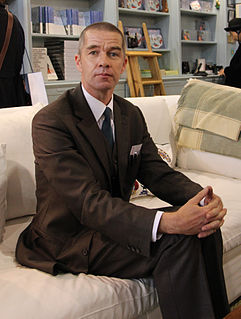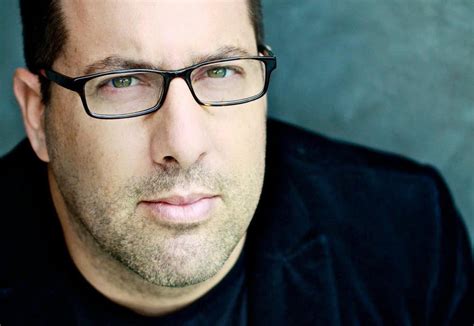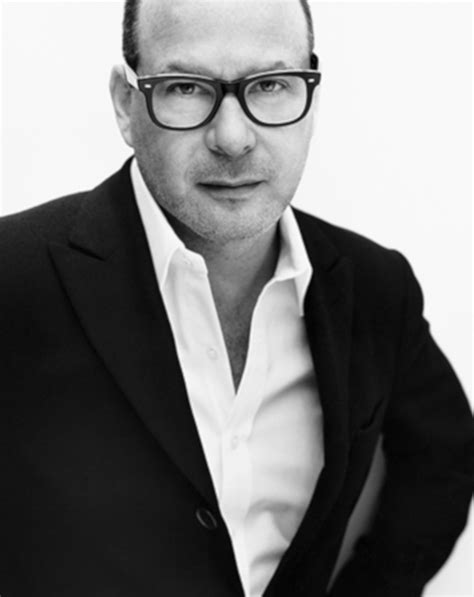A Quote by A. S. Byatt
You learn different things through fiction. Historians are always making a plot about how certain things came to happen. Whereas a novelist looks at tiny little things and builds up a sort of map, like a painting, so that you see the shapes of things.
Related Quotes
Little things do matter. Sometimes, little things matter the most. Everybody pays a lot of attention to big things, but nobody seems to understand that big things are almost always made up of little things. When you ignore little things, they often turn into big things that have become a lot harder to handle.
When you learn to read and write, it opens up opportunities for you to learn so many other things. When you learn to read, you can then read to learn. And it's the same thing with coding. If you learn to code, you can code to learn. Now some of the things you can learn are sort of obvious. You learn more about how computers work.
You can learn a lot from children because they see things new every day. That's the beauty of what you want to achieve as an artist - seeing things in a different way. Kids are constantly saying things that are funny and surprising and their observations are just... you know, they're like little artists themselves.
There's a very famous Miyamoto Musashi quote. "Once you understand the way broadly, you can see it in all things." The idea is once you understand what excellence is all about, whether it's in painting, or carpentry or martial arts, that you see how that excellence manifests itself in any discipline. I think that all the different things that I do enhance all the other things that I do.
My mother was always expanding my art skills and getting me to paint different things. You always got to push some. And, I mean, I learned basic things like getting up on time, how to shop - you know, you don't touch things in a store you're not going to buy. These things were taught very young. I don't see today enough of this basic, you know, basic skill teaching.







































